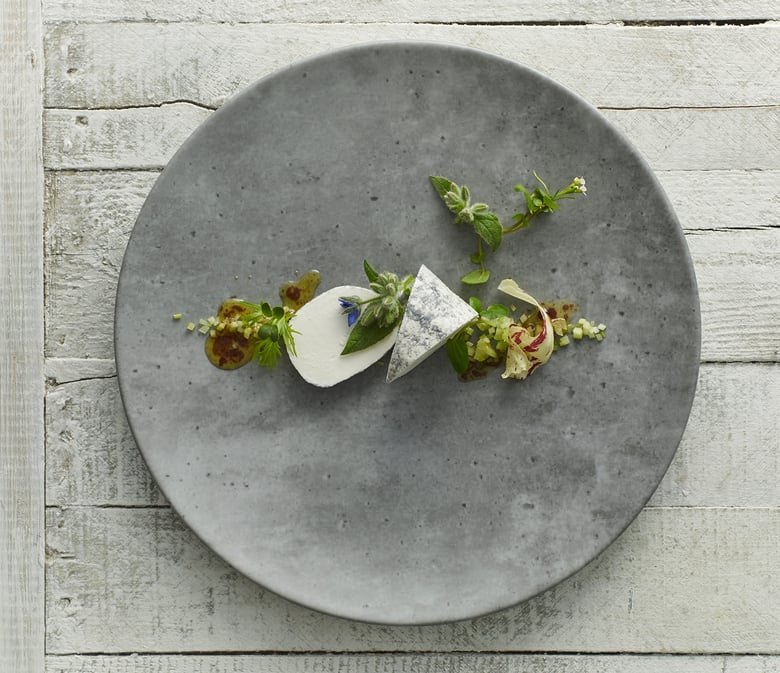
You might already know your menu or at least have an idea of what you want to serve. You might even know what types of equipment you'll use to cook your menu items. But do you know what types of dinnerware you'll use?
Selecting tabletop items like plates and bowls is an essential part of starting up a new foodservice operation, and there are a handful of things to keep in mind. Let's take a look at what new restaurants should consider when selecting dinnerware.
WELL-DESIGNED DINNERWARE
This goes way beyond trends. Well-designed dinnerware should meet current aesthetic requirements and be functional.
Today, there are many styles to consider. Whether you're looking for a classic look or something modern like the latest in concrete and slate, dinnerware should fit into the overall design of your entire operation. It should accentuate your menu decisions. And it should allow for ease of use from both an operator and a diner perspective.
DURABLE DINNERWARE
Durable dinnerware will ultimately lower costs for a new restaurant or foodservice operation. And in reality, a lot of this goes back to the design.
For example, a plate with a soft foot (the rim on the bottom of dinnerware that actually makes contact with the table) is actually better than a plate with a hard, glazed foot. Why? Because waiters tend to stack plates when clearing a table, and a hard foot will scratch into the eating surface on plate below. Durable dinnerware also largely depends on how it's produced. Look for manufacturers who actually control the entire production process, as this will typically lend to higher quality and stabilized costs.
DEPENDABLE DINNERWARE
Dependable dinnerware can mean many different things. A manufacturer that backs its products with chip warranties is certainly a positive, but there are actually even more ways a dinnerware manufacturer can be dependable.
Some dinnerware manufacturers will release new collections at an alarming rate and then discontinue those collections as they lose popularity or if they cannot control their own production processes. The opposite of this is a dinnerware manufacturer that controls the entire production process and is committed to keeping collections in place for decade after decade.
Being readily available over time is important because, as foodservice operations begin to reorder certain dinnerware pieces, if that collection is no longer in production, the operation will have to rethink their entire tabletop program and in many cases purchase an entirely different collection.
Starting a new restaurant or foodservice operation? Looking to select dinnerware that is well-designed, durable, and dependable?
Start by reading the new Dinnerware Design Guide from Bauscher Hepp.





